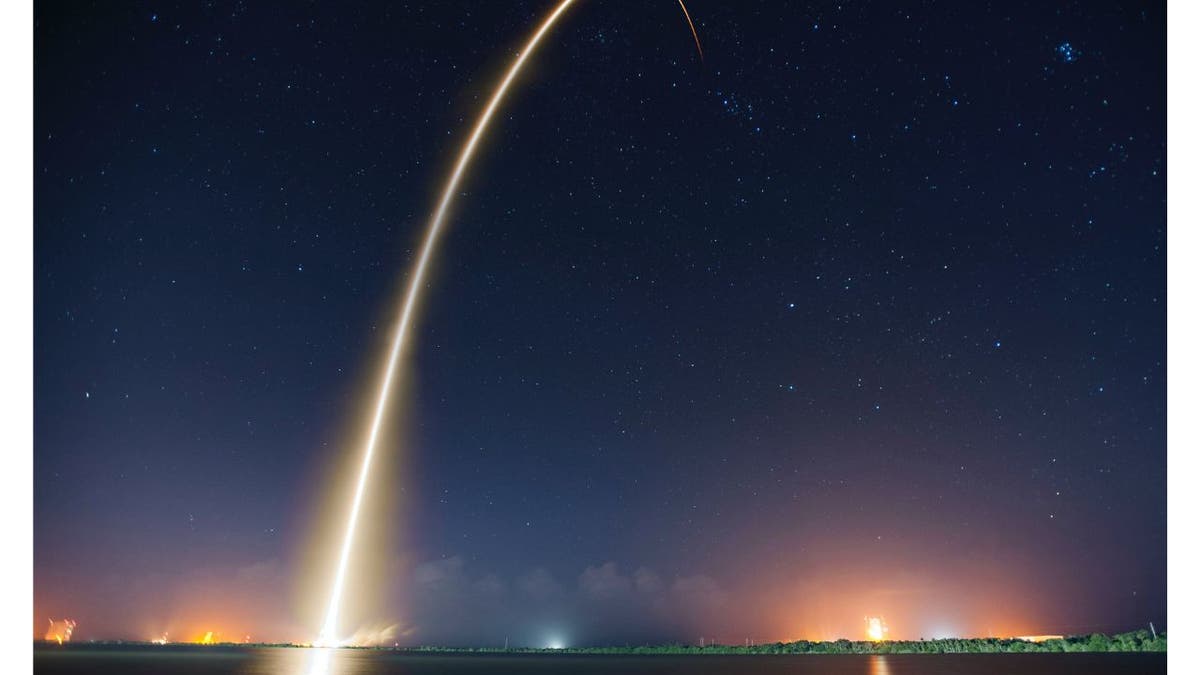

The ongoing Israeli-Hamas war witnessed a surge of hostilities over the weekend as Palestinian terrorists launched a surprise attack on Israel, which the Israeli prime minister called the deadliest offensive in 50 years.
The attack, dubbed Operation Al Aqsa Flood by Hamas, involved over 3,000 rockets, drones and commando raids that have targeted Israeli cities, military bases and infrastructure.
In response, the skies lit up with the action of the Iron Dome, Israel’s air defense system, neutralizing a significant number of incoming threats with a reported interception rate of 90%, according to the Israeli military.
Why Israel made the Iron Dome
The creation of the Iron Dome was spurred by the need to shield Israeli civilians from the unrelenting fire of mortars and rockets, chiefly from militants in Gaza and Hezbollah fighters in Lebanon. It made its interception debut in April 2011, neutralizing a Grad rocket headed for Ashkelon from Gaza. Since then, it has been a key player in Israel’s defense strategy, intercepting thousands of projectiles.
How it works
The Iron Dome operates through a sophisticated radar system that detects incoming projectiles from approximately 40 miles away, calculates their trajectories and discerns their potential threats. It is a vigilant device that springs into action, firing a launcher containing 20 interceptor missiles to intercept any rocket deemed dangerous. Remarkably, it is designed to conserve its ammunition, holding fire on projectiles heading toward uninhabited regions.
How much it costs to intercept a missile
The financial facet is as hefty as the technological one, with each intercepting missile costing around $40,000 to $50,000. As of mid-2021, Israel deployed ten of these systems, each capable of guarding a vast area, ready to respond to aerial threats in any weather condition.
How the USA funds the Iron Dome
Originally a solo endeavor by Israeli firms Rafael Advanced Defense Systems and Israel Aerospace Industries, the Iron Dome was designed to shield against short-range rocket threats. The project took a collaborative turn in 2011 when the United States began financially supporting the initiative, significantly bolstering its development and deployment. This financial backing was further solidified with the U.S. Congress approving a total of $1.6 billion in funding from 2011 to 2021 and an additional $1 billion in 2022.
Where is the Iron Dome technology built?
The collaboration expanded in scope with the involvement of U.S.-based Raytheon Technologies, which joined hands with Israel’s RAFAEL to form a joint venture called Raytheon RAFAEL Area Protection Systems. This venture aimed to establish a production facility for the Iron Dome weapon system in the United States, marking a significant step in the co-production of Iron Dome components.
Kurt’s key takeaways
The Iron Dome undeniably contributes to safeguarding Israeli lives from rocket attacks, providing a buffer for the Israeli government to strategize its response. Last July, Israel announced significant upgrades to the Iron Dome with the addition of AI to allow for more precision in targeting.
As of the time of writing, both sides have declared war against one another, with Israeli Prime Minister Benjamin Netanyahu saying, ‘I tell you frankly, difficult days are still ahead of us.’
Should America have its own Iron Dome? Let us know by writing us at Cyberguy.com/Contact.
For my tech tips and security alerts, subscribe to my free CyberGuy Report Newsletter by heading to Cyberguy.com/Newsletter.
Answers to the most asked CyberGuy questions:
Copyright 2023 CyberGuy.com. All rights reserved.




